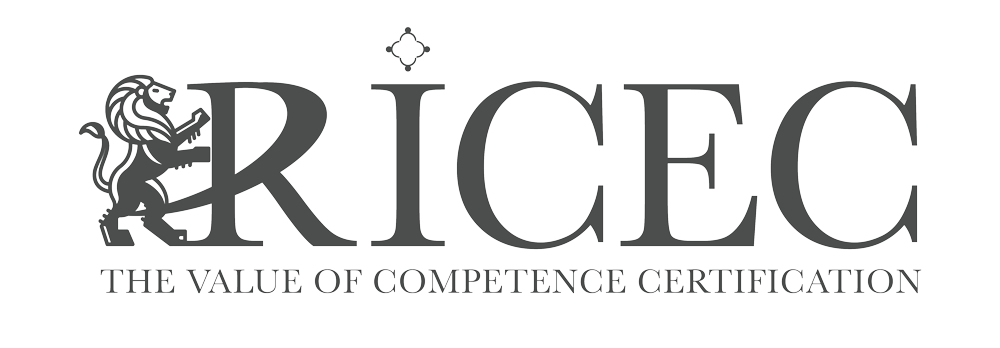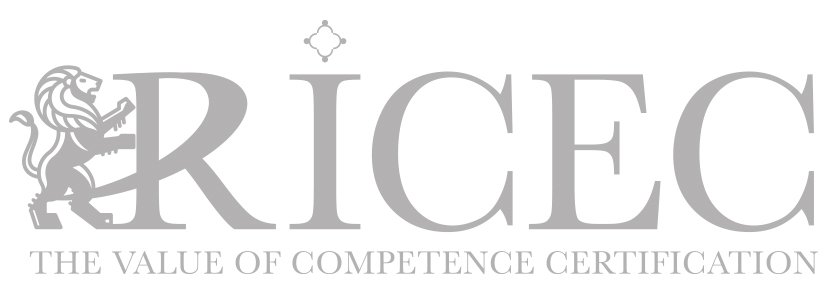
GETTING CERTIFICATE: THE ANSWER TO A CHANGING JOB MARKET.
With the pandemic, the world of work has – inevitably – had to reinvent itself. At the same time, however, with the increase in hiring through virtual channels, the difficulties of many employers and recruiters have also increased in being able to distinguish between fact and fiction, believing that many candidates are lying about their skills. In this new context, the role of certifications of competence is becoming increasingly important.
A solution to the problem of trust on the information declared in the curricula comes from LinkedIn, which with digital badges allows you to confirm certain acquired skills. Assigning a digital badge is an act of trust with which the issuer declares that the recipient has attended a training course, taken part in a training initiative or developed a skill; while for the worker it is an additional tool to get noticed: in fact, according to the data released by the social network itself, users who indicate at least one certification receive up to 2 times more profile views from recruiters. In general, therefore, the certification of skills is useful for making the candidate stand out during the selection process or for having more growth prospects within the company.
But it is not only in the search for work that the certification of skills proves useful. In fact, customers are inclined to establish long-lasting relationships with the professionals they rely on, but to do so they ask and seek credibility and professionalism. Being certified, therefore, not only adds value to one’s profession, but becomes a real business card to show to customers, a guarantee of its reliability.
Certification means acquiring a more careful, integrated and responsible management of one’s work. It is the final goal of an obligatory path, in the light of the current scenarios that have led to the birth of new “unorganized” professions in orders or colleges.
Among the certifiable professions, one of those that need very serious reliability is the real estate appraiser. Thanks to the virtual world, which allows anyone to set a price for a property, accompanied by the wording “for sale”, real estate valuation is often a neglected phase of the sale. And instead for the protection of investors it must take place in a precise and transparent manner, as the banks have learned the hard way, on which over 100 billion of the so-called Npl, non-performing loans are burdened >, or bad debts, often due to incorrect assessments. The professional mission of the valuer is to help people (owners of private properties, banks, investors, judges…) with his appraisals to decide whether to invest or disinvest in a property. From this it is evident how his decisions (buying, selling, financing) to be serene, must be reliable, objective, based on unique scientific procedures, verifiable real estate data, in order to give certain, shareable and replicable results according to international standards. In other words, the estimates must be made by serious, reliable and, of course, capable evaluators.
RICEC provides a serious and reliable evaluation and verification process of the skills of real estate appraisers according to the UNI 11558: 2014 standard. With respect to the technical certification schemes issued, RICEC guarantees to all customers and all interested third parties that the certified professionals present in its register are competent for the specific professional activity declared. Thanks to a holistic approach, a structure has been built that places society at the center of its work: the goal of RICEC’s work is to improve its well-being. To do this, we cannot ignore all the figures who work there every day, whether people or organizations.
In such a critical scenario, in a constantly evolving world, resilience, a desire for growth and continuous learning are the answers that a professional must give when he decides to invest in himself. RICEC is ready to accompany him on this journey and improve the quality of his life.




